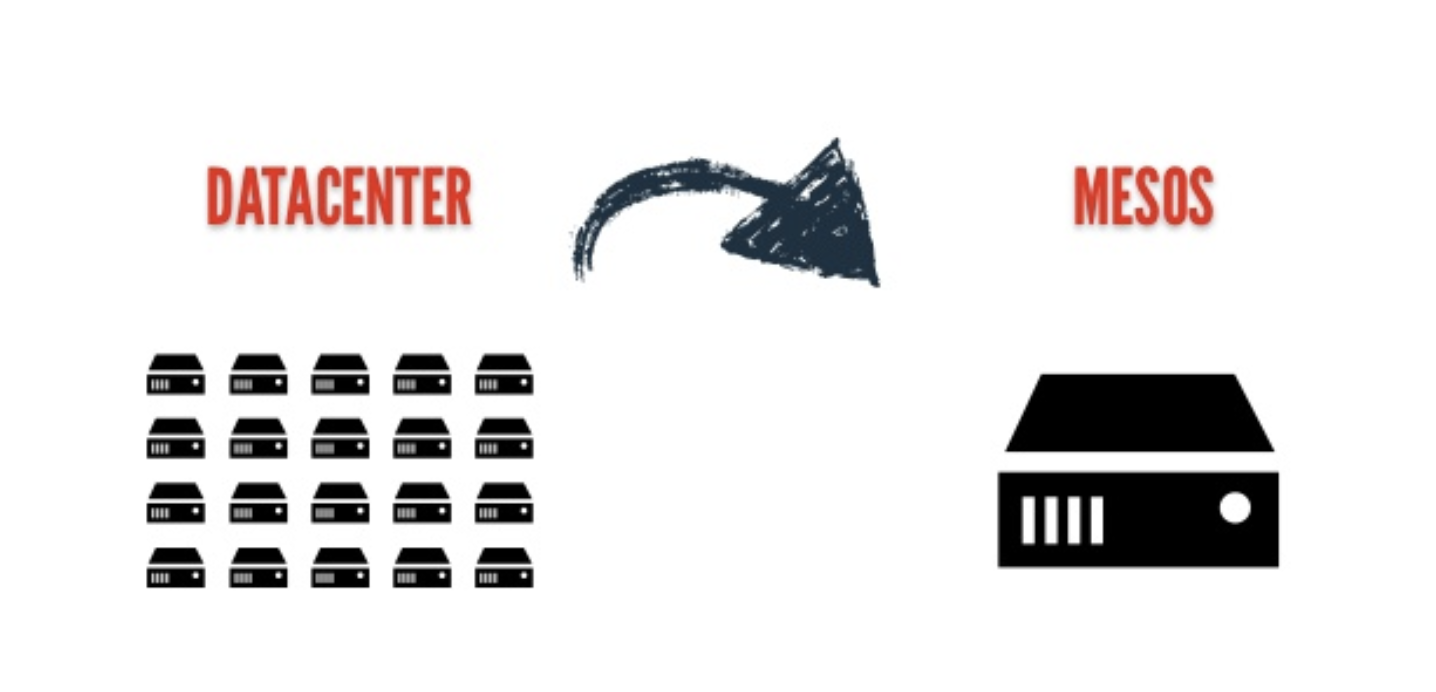Paper Summary Articles
-
a stream synchronization scheme based on event-time to pace the parsing of new data and reduce memory consumption,
-
a query planner which produces streaming join plans that support application updates, and
-
a stream time estimation scheme that handles the variations on the distribution of event-times observed in real-world streams and achieves high join accuracy.
Providing Streaming Joins as a Service at Facebook
01 May 2020 •PAPER-SUMMARY DATA-SYSTEMS STREAMING JOINS Providing Streaming Joins as a Service at Facebook. Jacques-Silva, G., Lei, R., Cheng, L., et al. (2018). Proceedings of the VLDB Endowment, 11(12), 1809-1821.
Stream-stream joins are a hard problem to solve at scale. “Providing Streaming Joins as a Service at Facebook” provides us the overview of systems within Facebook to support stream-stream joins.
The key contributions of the paper are:
Trade-offs in Stream-Stream Joins
Stream-stream joins have a 3-way trade-off of output latency, join accuracy, and memory footprint. One extreme of this trade-off is to provide best-effort (in terms of join accuracy) processing-time joins. Another extreme is to persist metadata associated with every joinable event on a replicated distributed store to ensure that all joinable events get matched. This approach provides excellent guarantees on output latency & join accuracy, with memory footprint sky-rocketing for large, time-skewed streams.
The approach of the paper is in the middle: it is best-effort with a facility to improve join accuracy by pacing the consumption of the input streams based on dynamically estimated watermarks on event-time.
.. Read MoreMesos, in the light of Omega
24 Nov 2019 •MESOS DATA-SYSTEMS PAPER-SUMMARY  Mesos is a framework I have had recent acquaintance with. We use it to manage resources for our Spark workloads. The other resource management framework for Spark I have prior experience with is Hadoop YARN. In this article, I revisit the concept of cluster resource-management in general, and explain higher-level Mesos abstractions & concepts. To this end, I borrow heavily the classification of cluster resource-management systems from the Omega paper.
Mesos is a framework I have had recent acquaintance with. We use it to manage resources for our Spark workloads. The other resource management framework for Spark I have prior experience with is Hadoop YARN. In this article, I revisit the concept of cluster resource-management in general, and explain higher-level Mesos abstractions & concepts. To this end, I borrow heavily the classification of cluster resource-management systems from the Omega paper.
The Omega system is considered one of the precusors to Kubernetes. There is a fine article in ACM Queue describing this history. Also, Brian Grant has some rare insights into the evolution of cluster managers in Google from Omega to Kubernetes in multiple tweet-storms, such as this and this.
.. Read MoreIntegration of Large-Scale Data Processing Systems and Traditional Parallel Database Technology
14 Sep 2019 •PAPER-SUMMARY DATA-SYSTEMS DATABASES Integration of Large-Scale Data Processing Systems and Traditional Parallel Database Technology Abouzied, A., Abadi, D.J, Bajda-Pawlikowski, K., Silberschatz, A. (2019, August). Proceedings of the VLDB Vol. 12 (12).
HadoopDB was a prototype built in 2009 as a hybrid SQL system with the features from Hadoop MapReduce framework and parallel database management systems (Greenplum, Vertica, etc). This paper revisits the design choices for HadoopDB, and investigates its legacy in existing data systems. I felt it is a great review paper for the state of modern data analysis systems.
MapReduce is the most famous example in a class of systems which partition large amounts of data over multitude of machines, and provide a straightforward language in which to express complex transformations and analyses. The key feature of these systems is how they abstract out fault-tolerance and partitioning from the user.
MapReduce, along with other large-scale data processing systems such as Microsoft’s Dryad/LINQ project, were originally designed for processing unstructured data.
The success of these systems in processing unstructured data led to a natural desire to also use them for processing structured data. However, the final result was a major step backward relative to the decades of research in parallel database systems that provide similar capabilities of parallel query processing over structured data. 1
The MapReduce model of Map -> Shuffle -> Reduce/Aggregate -> Materialize is inefficient for parallel structured query processing.